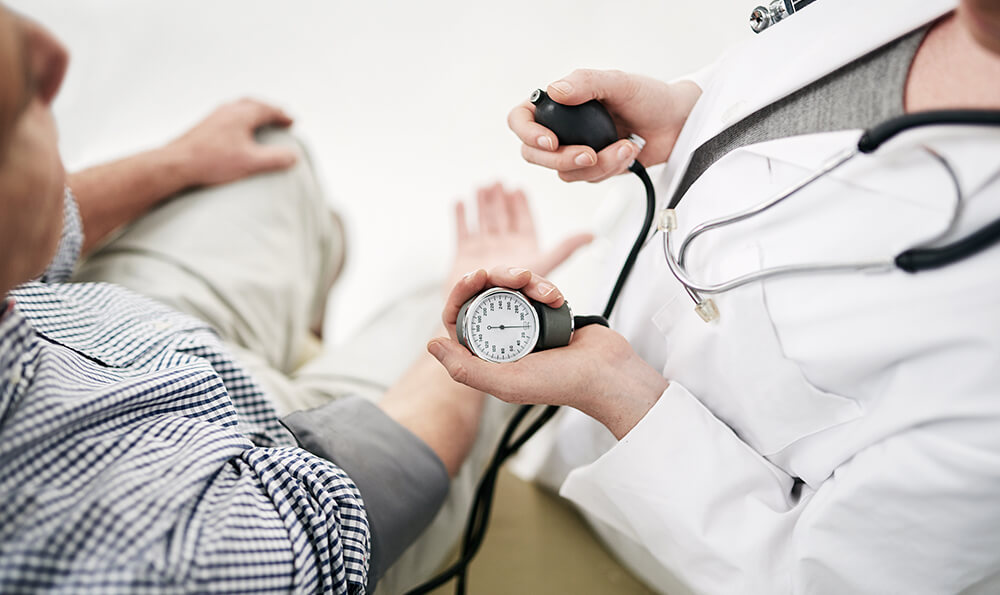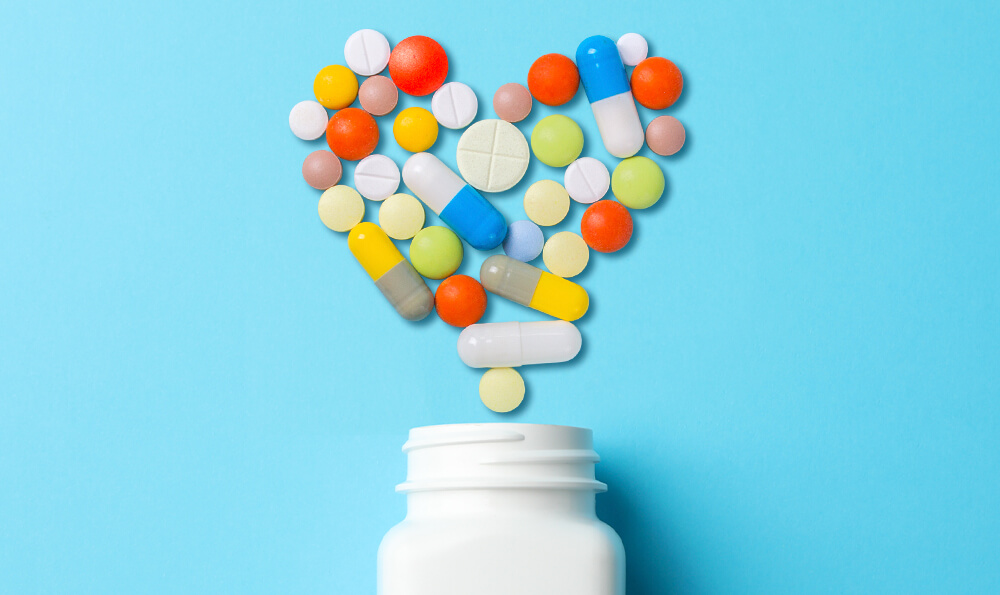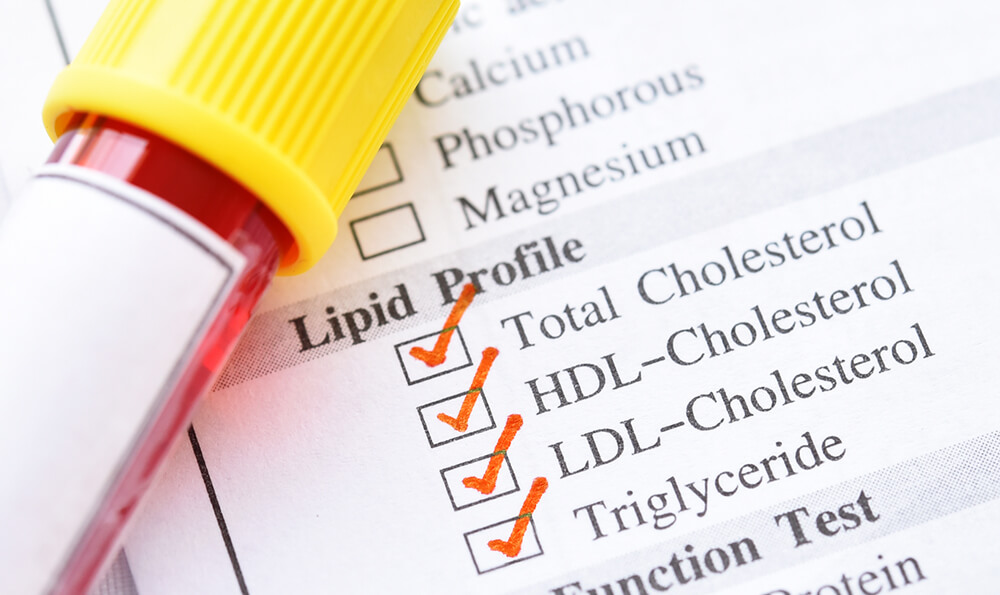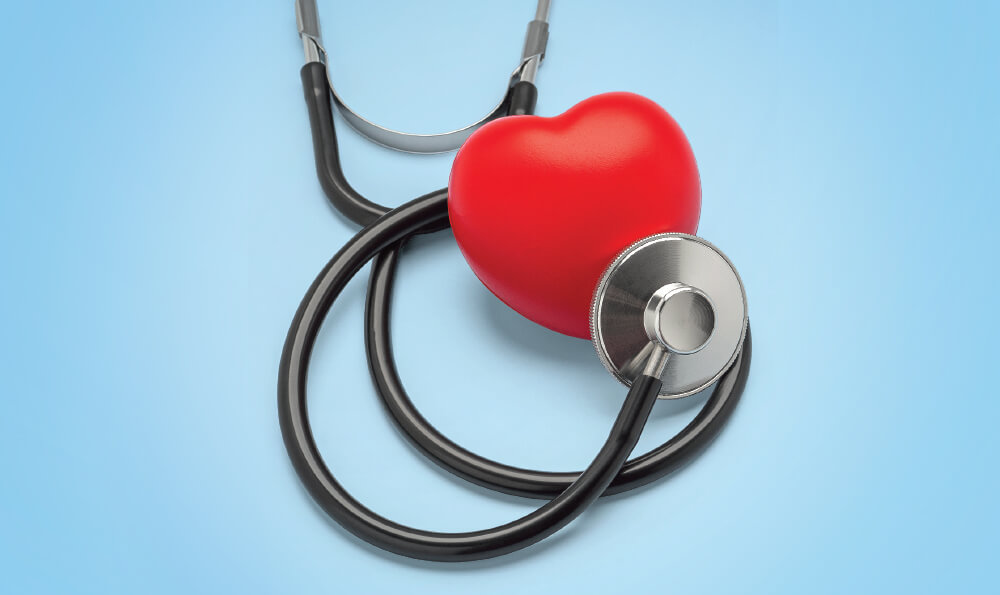Health & Wellness

Blood pressure. We know about it. We can feel when something raises it. But do we know what factors in our lives might be impacting our overall numbers?
Blood pressure refers to the internal force that your blood exerts on your blood vessels as it travels through your body. When this force measures above the normal range, it indicates high blood pressure, also known as hypertension.
High blood pressure is a dangerous condition that can lead to heart failure, stroke, or kidney disease.
Though there are some unavoidable risk factors for hypertension, such as age or genetics, simple lifestyle changes can help keep you within a normal range. Let’s look at four factors that may be contributing to your high blood pressure.
1. Sleep Apnea
Snoring can make for a bad night’s sleep, for you and your bed mate. But if it happens because you have obstructive sleep apnea (OSA), it can also impact your blood pressure. You see, when you wake up often during the night, your body gets stressed, thereby making your hormone systems go into overdrive, which boosts your blood pressure levels. A lose-lose situation for your body.
Treatment can make a difference, though. Some people with high blood pressure who get help for sleep apnea will see their blood pressure improve.
If you believe you have OSA, talk to your physician to determine if a sleep study would be beneficial for your health. Our Sleep Medicine program offers quick access for diagnosis and treatment. We can help you get the sleep you need.
2. Holding in Urine
We know the scenario – we want to finish binge-watching our favorite show or continue the conversation with neighbors – which can mean putting off heading to the restroom. But when our bladder is full of urine, it puts pressure on our kidneys. This can lead to higher blood pressure. In fact, this is the reason many physicians suggest using the restroom prior to having your BP taken. So, ease up on your bladder – and your heart.
3. Drinking Too Much Alcohol
Having more than two drinks per day can cause hypertension because the alcohol activates your adrenergic nervous system, causing constriction of blood vessels and simultaneously increasing your blood flow and heart rate. According to American Heart Association recommendations, if you don’t drink already, don’t start. If you do drink, talk with your doctor about the benefits and risks of consuming alcohol in moderation.
4. Lack of Fruits and Vegetables
This seems like one we probably know. Dietary changes can help manage your high blood pressure.
Certainly, cutting back on high-sodium processed foods is a good start, but filling your plate with a variety of fruits, vegetables, and whole grains can move the needle even more. But are there certain ones we can target?
Yes! Eating potassium-rich foods like sweet potatoes, avocados, spinach, leafy greens, and beans can work to regulate blood pressure. Incorporating many of these foods into your diet can be a great way to facilitate a healthier lifestyle – and lower BP.
What’s the best fruit? Blueberries! Regularly consuming more blueberries can help add fiber in your diet and lower your blood pressure at the same time. According to the USDA, one cup of blueberries has four grams of fiber, which is more than many popular fruits like bananas, apples, or grapes.
Talk with your family medicine provider about your high blood pressure and whether any of these factors are impacting your health.
Memorial Hospital is partnered with the nationally ranked The Ohio State University Wexner Medical Center for The Heart Partnership, offering state-of-the-art prevention, diagnostic, and treatment delivery systems alongside expert physicians to deliver comprehensive care.
This partnership provides a single location Center of Excellence, devoted to outstanding cardiovascular care.



